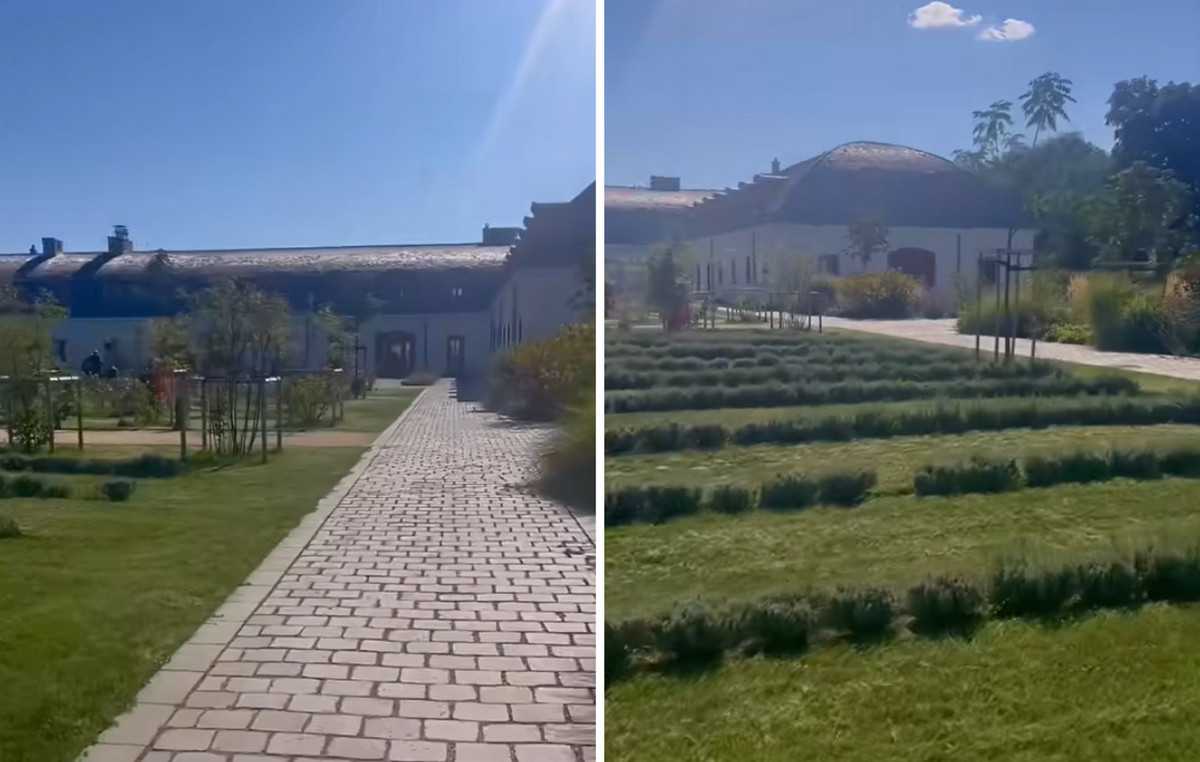Brazil entered the world top in a robotics category after winning the RoboCup 2022, held in Bangkok, Thailand, this month. The engineering team from FEI (Faculdade de Engenharia Industrial), from São Bernardo do Campo, in Greater São Paulo, eliminated teams from 45 countries with the presentation of Hera, a robot with Artificial Intelligence language that performs domestic tasks such as serving people, clearing the table, taking out the garbage, among other functions.
In the competition, which gathered more than 3 thousand participants, the robots of the At_Home category (where Brazil ranked 1st) are programmed to perform tasks related to services, with a focus on domestic activities.
In the demonstration to the technical judges, the robots must pick up and manipulate different objects, in addition to mapping environments through sensors, for example.
The commands are executed through an autonomous navigation system, as explained by Professor Plínio Aquino Junior, head of the Computer Science Department and one of the project coordinators at FEI.
“He [o robô] uses its sensors, camera, motors and claws to navigate environments, manipulate objects and interact with people. During competition, situations are not fully pre-configured. Although the house is known for the robot, the objects, furniture and even the wastebasket may be in different places than the original. And even then, the robot must locate them correctly to perform the defined tasks. Always autonomously, without any human intervention”, explains the professor.
The project coordinator points out that the robot can perform basic tasks, such as recognizing and picking up objects on a shelf; collect garbage from the house placing it properly in the trash; recognize people in the environment; follow people around the house or even accompany them to a certain location.

“It can recognize a command or a request, and carry it out; interact with people by including them socially in encounters; monitor social rules such as ‘don’t throw garbage on the floor’, ‘take care of your health, staying hydrated’, or even notice a person on the floor asking for help, talk to the doctor from a distance and help him with medicine requested by the doctor”, he says. .
The professor adds that the various tasks that the robot can do happen with the use of laser sensors, cameras, directional microphones, anatomical claw and several other advanced technological systems.
Although robots perform autonomous activities in a home, these activities could be performed in hospitals, universities, companies and other contexts.
Ivy’s Differentials
Among the main differences of the Hera robot, which was highlighted in the international competition in Bangkok, is that the device has an omnidirectional mobile base that allows free movement in all directions.
In addition to using laser sensors for mapping the environment, avoiding collisions and making navigation safe for people, pets and objects in domestic environments.
“The robot has an anatomical grip to pick up several different objects and a camera attached to correctly identify and determine the exact point of manipulation of the objects. Directional microphones allow Hera to identify who and where are calling her,” said Professor Aquino Jr.

“It is an autonomous and intelligent robot, that is, at no time during the execution of its activities is there remote control activated by people. From the moment the Hera robot is turned on, dialogues are exchanged with people to identify what their needs are, and the robot makes decisions to help”, he includes.
Creation process
The Hera robot has been developed by FEI students since 2015, when it participated for the first time in the Brazilian Robotics Competition – RoboCup Brasil.
“Since then, Hera has been improved, with sensors, new systems and artificial intelligence, which allowed its participation in the 2018, 2019, 2021 RoboCup [virtual] and now in 2022. In addition to having won 5 national championships in recent years”, informed the professor.
The Hera development process is constant, he says, and the contest rules evolve every year.
“This evolution in the rules increases the complexity of the challenges requiring all teams to keep in constant development, updating their robotic platforms in all aspects: physical format, coupled devices, software, etc.”, he said.
ivy on the market
The robot, which was developed in a joint effort by undergraduate, master’s and doctoral students from various areas of FEI, including electrical, mechanical, production engineering, computer science and robot engineering, is not restricted to the domestic environment, and can be easily adapted for commercial and industrial areas.
“Although FEI does not produce the robots for sale, we believe that the students and professors involved have enough expertise to serve the market, whether with development projects in partnership with the university, or new robotics startups that will produce new robots and make them. reach the market and the final consumer”, said Plínio.
“The fact is that Brazil is taking prominent positions in the robotics area in the world and the new students graduated from the Robot Engineering course, as well as new startups in the area across the country, can and should make Brazil a protagonist of this technological revolution, and not just a mere consumer of foreign technology”, he added.
Source: CNN Brasil







